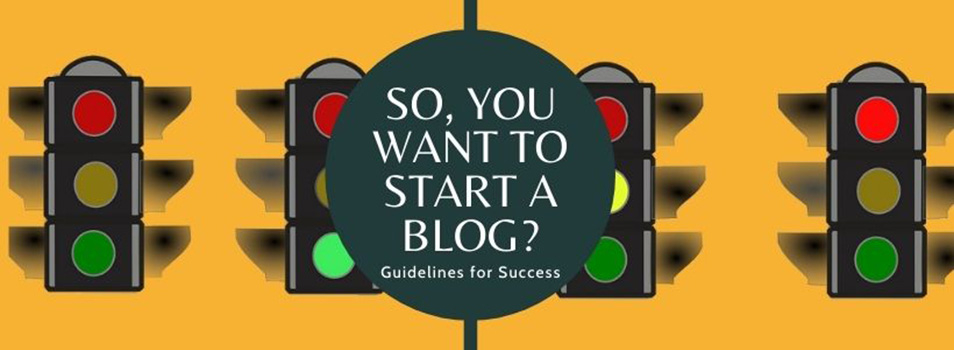Don’t Click Here

By Diane Austin
If you want your audience to find, read, and understand your web content, you need to present it in a way that makes it easy for them. That means using the right words and putting them in the right context. People come to your website to get information or to accomplish a task. They don’t come for a scavenger hunt or to read a novel.
With that in mind, here are the top 3 phrases you should eliminate from your web content.
- Click here – When you need information and you’re trying to get things done, the last thing you want is a mystery link. You’re on the trail of some information. You’re scanning headings and links. When you encounter a “click here” link, you can’t be sure where it will land. “Click here” has what’s called a low information scent, and it’s useless for visitors with visual impairments who rely on screen readers.
Instead, use link text that indicates what the link is for.
 Don’t say: For more information on the admissions process, click here.
Don’t say: For more information on the admissions process, click here.
 Say: Admissions
Say: Admissions
Smashing Magazine was telling people in 2012 to never use “click here” links. If you are still doing it, you’re way behind the times.
2. Read More or Learn More – This type of link has the same problem as “click here.” The link itself doesn’t indicate what the reader will read more about. If the user has read everything that precedes the “read more” link, then they might know what to find. But if the visitor only scanned the content, they may be lost.
Instead, use link text that indicates what the visitor will read or learn more about.
 Don’t say: Read More
Don’t say: Read More
 Say: Visit our blog archives to get more web content tips.
Say: Visit our blog archives to get more web content tips.
Also, see this Nielsen Norman Group article for more “Learn More” alternatives.
3. Helpful links – This is the least helpful title for a group of links. All of your links should be helpful. Isn’t that why you have them? This is a mystery title that, ironically, doesn’t help your audience.
Instead, think about what really ties your links together and label them accordingly. You may discover that they don’t belong together at all. If that’s the case, try rearranging all your links into more meaningful categories or labeling them by audience.
Gerry McGovern recently published an article on the topic of “Quick Links,” a category heading that suffers the same problem as “Helpful Links.”
Sometimes these phrases are difficult to work around. If you’re struggling, contact the Web Content team, and we’ll help you figure out solutions that better serve your content and your audience.
Meet the Author:
 Diane Austin
Diane Austin
dyaustin@liberty.edu
SEO Specialist – LU Web Content Team


